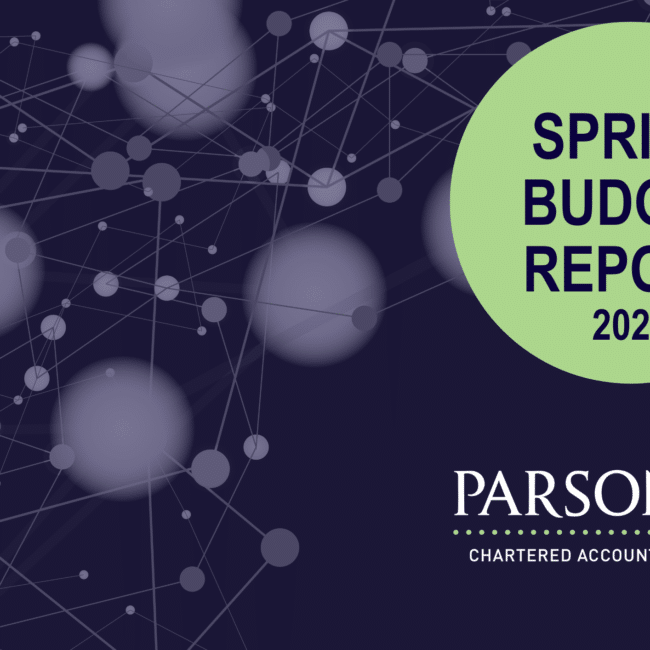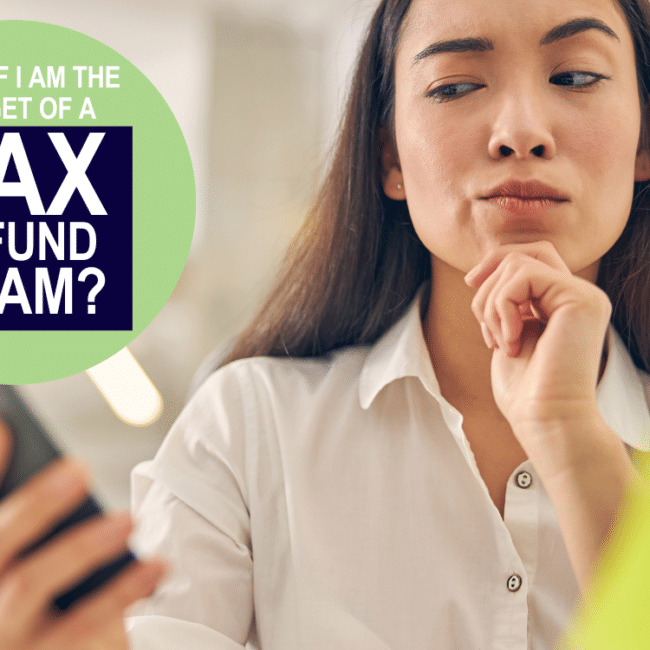
How can I reduce my Inheritance Tax?
How can I reduce the Inheritance Tax bill on my estate?
Planning for the future, particularly when thinking about how to reduce Inheritance Tax, can be daunting. Bringing up the topic with our loved ones can create an awkward, uncomfortable conversation. However, some prior planning will ensure that, following your death, your estate will pass on to the beneficiaries of your choice in the smoothest manner possible.
Inheritance Tax has existed for centuries and is often considered one of the most unreasonable forms of tax. This is because the money and assets left behind in a person’s estate have generally already been taxed in another form during their lifetime.
What is the current UK Inheritance Tax threshold?
Inheritance Tax is due at a rate of 40% on estates worth above a total threshold of £325,000. However, there are many ways you can reduce your overall bill; we have collated some of our top tips here.
Could I benefit from exemptions?
Our first tip for reducing Inheritance Tax is reviewing the full list of exemptions and making the most of those where you can. For example, individuals have an annual gift allowance of £3,000 per year, which can be used over time to reduce the overall value of your estate. Similarly, wedding gifts up to the value of £5,000 and gifts to help family with living costs, such as financial support to an elderly dependant, are exempt. Take a look at this article from Barclays for a full list of exemptions, alongside some other useful background information.
Should I consider downsizing to mitigate Inheritance Tax?
Another tip is to consider moving to a smaller property in your retirement. If you are prepared to do so, you can pass on the equity you gain from the sale of your home to your children without having to pay Inheritance Tax. There is a caveat to this however, that Inheritance Tax applies to assets which belong to you at the time of your death but also assets that you have given away in the seven years prior to your passing. For this reason, this would require some forward planning but is certainly worth doing if your estate is worth close to or more than the tax threshold. Further information can be found in this article from the Telegraph.
Can charitable giving reduce my liability?
Something else to consider is gifting to charity. Not only will this give you the feel-good factor of helping out a worthy cause, but it will help to reduce your overall tax liability. Gifts left to charity in your will are not liable for Inheritance Tax. In addition, if you were to donate 10% of your estate to charity in your will, you would then only be liable to a 36% rate as opposed to the usual 40%. Read more about that here
Make an Inheritance Tax plan
Ultimately, when it comes to reducing your overall Inheritance Tax bill, the best thing you can do is create a plan. This will ensure that following your death, your estate will pass onto the beneficiaries of your choice with minimal tax liabilities arising, passing the maximum onto your family and loved ones.
The above list is not exhaustive. There are several more ways to reduce your liability and the choices you make should consider your unique circumstances. Navigating this process alone can be difficult and complex, so it can be incredibly beneficial to seek professional advice. Our team has access to the most up-to-date information about Inheritance Tax rules, but we also work with our clients to make the information gathering process less onerous and ultimately, more accurate. This really makes a difference and attention to detail translates into greater savings.







